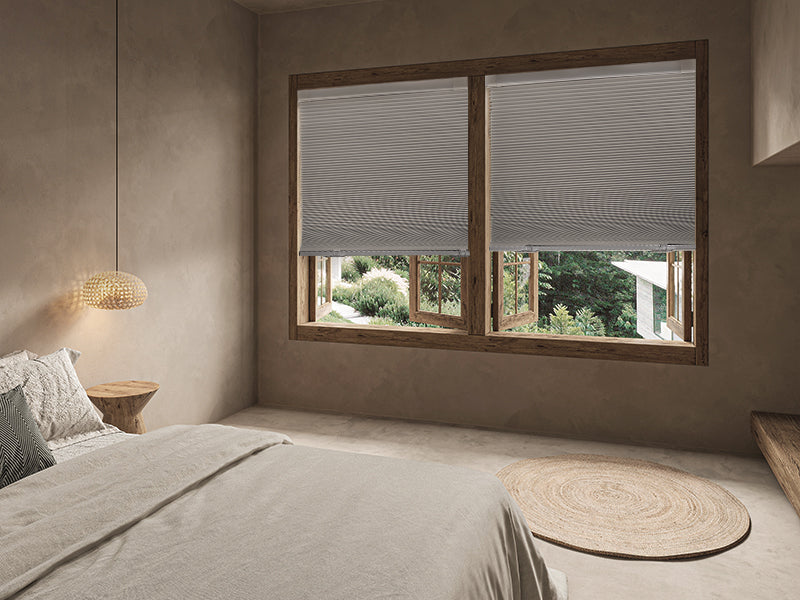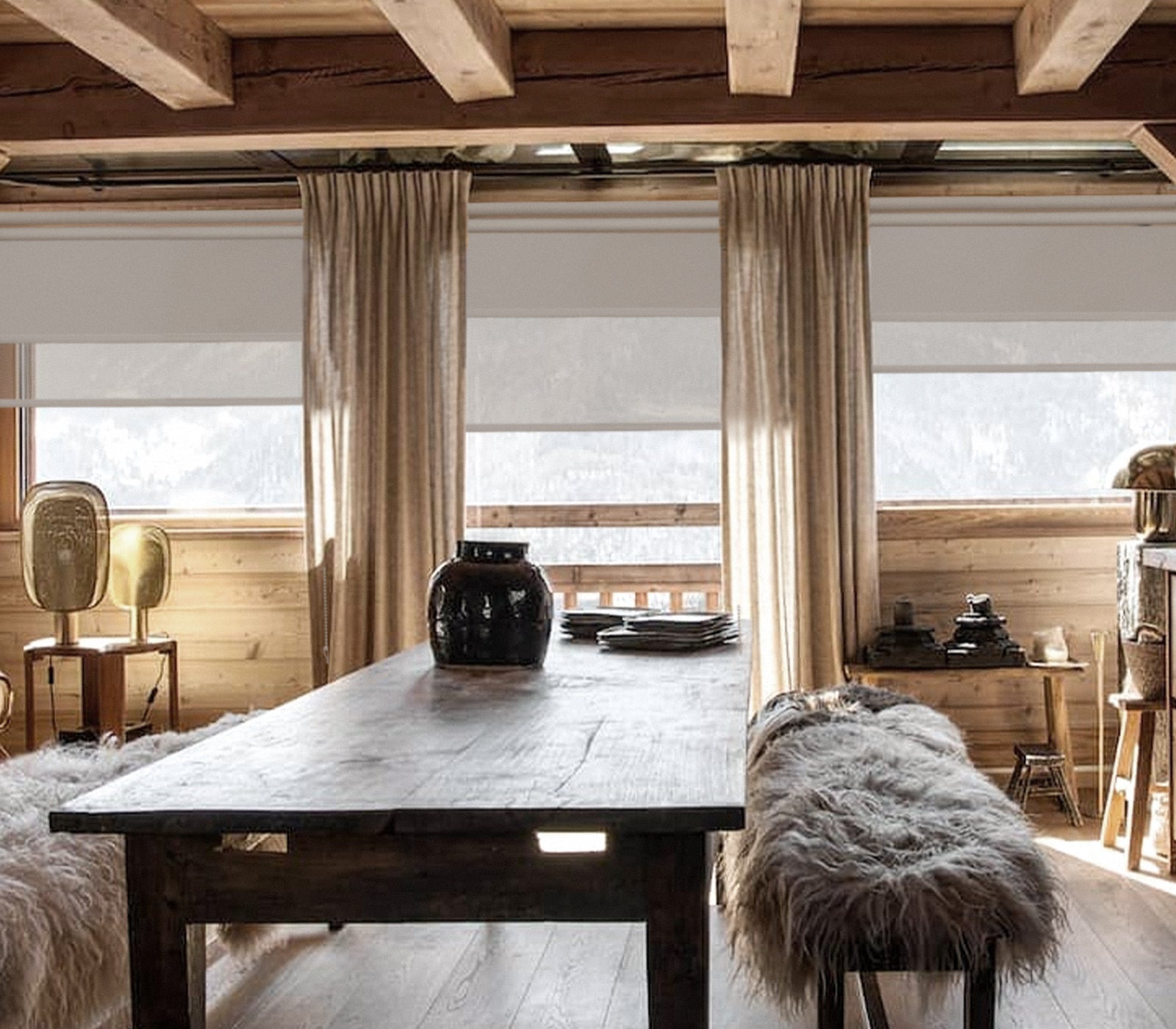Blinds Open or Closed in Winter
Whether you’re trying to keep the heat in or let some sunshine in, the decision of whether to keep your blinds open or closed in winter can be a tricky one. Some window treatments like honeycomb blinds can help with insulating, so closing them may be beneficial for keeping heat inside the room. On the other hand, sunshine coming through windows can also help heat up the room, so letting sunshine in can be beneficial too. In this article, we’ll break down how to properly winterize windows with blinds and shades.
Light exposure
During the day, it’s generally best to open your window coverings in order to take advantage of natural light exposure. The sun helps brighten up a space and offers an extra source of warmth at no cost. However, if you do have any rooms that are prone to direct sunlight streaming through (which can lead to fading on furniture), then you should consider investing in blackout shades that will block out UV rays while still allowing plenty of light into the room. So blinds open or closed in winter comes down to the amount of sun you could get.
Day Night cellular shades offer the perfect combination of function and flexibility when it comes to light controlling. Able to go from a light filtering mode to blackout with the pull of a cord, dual roller shades provide total control of sunlight levels making them perfect winter window treatments. These dual shades are perfect for the winter season, giving you the ability to quickly and easily close your blinds and reduce the amount of heat lost from your home. They also come with an optional insulation backing, which provides further energy savings while making your home more comfortable during the chillier months of the year.
Insulation
Keeping your window treatments closed at night is a great way to add an extra layer of insulation between your home and the outside elements. This is especially true for blackout shades since they are designed with thermal insulation properties that prevent air leakage between your windows and the outdoors. Blinds open or closed in winter does make sense especially at night so you may even want to consider installing honeycomb blinds or cellular shades as these provide excellent coverage against cold drafts and also minimize noise from outside sources.
cellular shades, also known as honeycomb shades, provide improved insulation for your home. They do this by trapping air in the cellular pockets, or “cells”, of the shade. This trapped air acts as a barrier between your windows and the harsh outdoors. During winter months, cellular shades are ideal to keep cold out and warm air in; closing your cellular blinds will help keep pleasant temperatures inside your home all year round. Additionally, cellular shades help greatly reduce sound levels coming from outside. A great plus if you live close to a noisy highway or busy streets! Cellular shades provide more than comfort: they offer energy savings too, since they help reduce the amount of time you may spend cooling or heating your home.
Temperature Control
If you want more control over temperature regulation within a room, try using a combination of sheer curtains and heavier drapes that can be opened and closed depending on how much sunlight you want coming in. Sheer curtains allow for some light exposure while still providing enough coverage against cold drafts during winter months. For added protection against air leakage, make sure both curtains are properly hung by their rods – ensuring there is no gap between them when they’re closed – so they form a complete seal around the window frame. So this can give you even one more opportunity deciding blinds open or closed in winter.
Conclusion
With all these tips in mind, you should now have a better understanding of how to properly winterize your windows with blinds and shades this season! When thinking if the blinds open or closed in winter, remember that light exposure during daylight hours is important for maintaining healthy living spaces but keeping them closed at night time will help trap any existing heat inside while preventing cold drafts from entering your home. It’s also wise to invest in blackout shades if you need extra protection against UV rays streaming through or honeycomb blinds/cellular shades for added insulation against outdoor elements such as windy conditions or extreme temperatures, making them one of the best window treatments for winter. Now that you know how easy it is to use window treatments for proper winterizing techniques, go ahead and enjoy all those cozy nights ahead!




Leave a comment
All comments are moderated before being published.
This site is protected by hCaptcha and the hCaptcha Privacy Policy and Terms of Service apply.